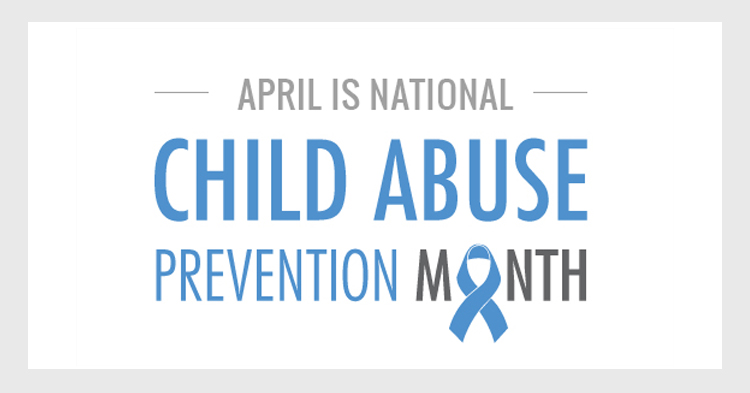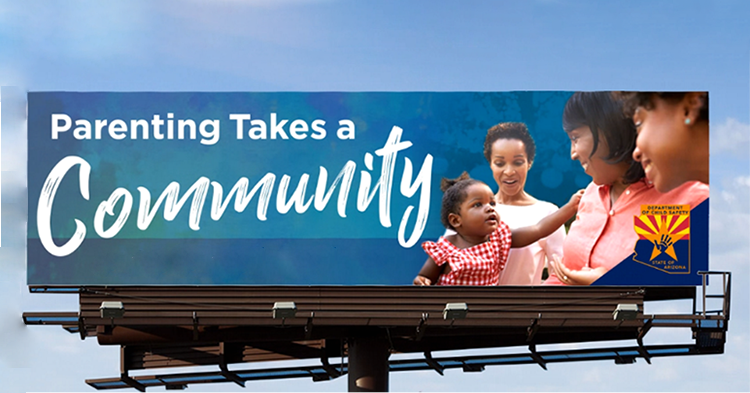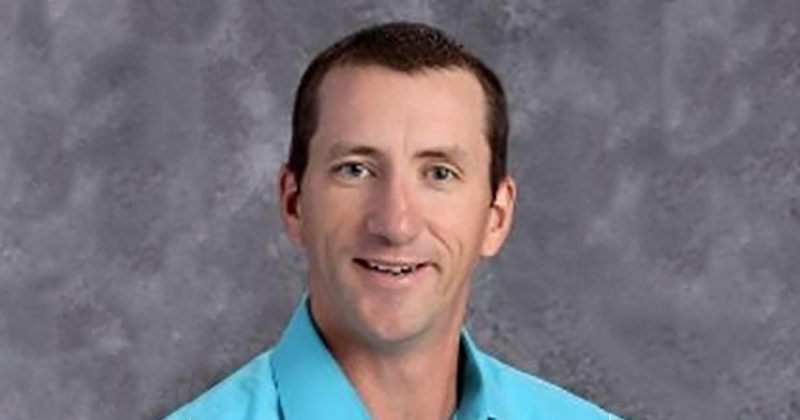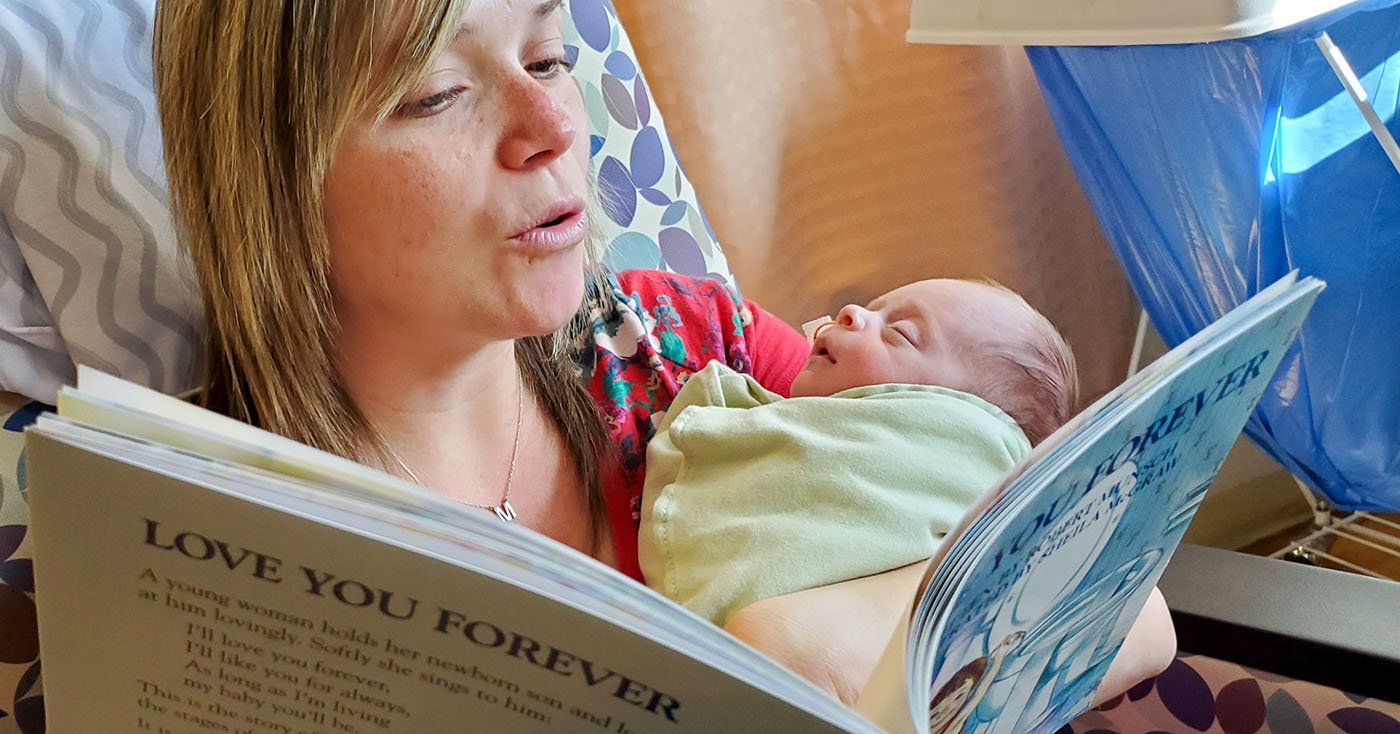
Late last year in Pinal County, during a two-week time period, five newborn babies passed away due to a fentanyl overdose.
The deaths alarmed early childhood advocates, who responded by quickly prioritizing getting help to expectant families who are abusing drugs. Representatives from the Pinal County Juvenile Court, who are part of the early childhood advocates, see the struggle daily that parents face when battling addictive drugs and took the first steps.
Within months of the first meeting about what could be done to help families, a program was quickly up and running. The SHIFT program, which stands for Safe, Healthy Infants and Families Thrive, was started through the Pinal County Courts.
“We want to take away the stigma of substance-using parents, especially during pregnancy,” said Stephanie Lewis-Smale, who works in the Pinal County Juvenile Court and runs the day-to-day program. “The goal behind SHIFT is to get families where they need to be. Everyone has been helpful and quick to jump on board.”
Based on a model out of Maricopa County, the collaborative approach means family support and substance abuse professionals work together to help expectant parents, which improves outcomes for children and families before the baby is born.
“We have a very forward-thinking court in Pinal County,” said First Things First Pinal Regional Director Katrina Devinny. “They are aware of the trauma that many young children, especially newborns, experience if their parents are abusing drugs.”
Devinny attends the meetings, where FTF serves as one of many collaborators in Pinal County working to provide prenatal family care to families. As a partner to many of the agencies that provide direct services to families, FTF is there to offer support. For example, FTF can connect families with home visitation services.
“The FTF Pinal Regional Council identified prenatal care for expectant families as one of the areas of concern in the region,” Devinny said. “Being able to be the connector to make sure others are aware of the services we fund is a part of that.”
SHIFT helps the family establish a prenatal family care plan, tailored to their needs and helps document the steps taken in a binder.
“It’s a series of goals that the family sets,” Lewis-Smale said. “If they’re involved with a probation officer, they document their meetings. The binder has their medical-assisted treatment plan, their doctors’ appointments, a list of the supportive adults in their family. So if after the baby is born and DCS (Arizona Department of Child Services) becomes involved, the parent can point to all the work they’ve been doing before the baby was born.”
Lewis-Smale refers to SHIFT as the wheel and each provider is a spoke.
The person that works the binder with the family offers support and advice. One unique thing about SHIFT is that any service provider can work the steps in the binder with family. Many times it is a court employee, but if the family isn’t involved in the court system, it could be a service provider in another area, for example, a home visitor. They make suggestions to the family on exploring different options, referring to in-home visiting, parent groups, substance abuse treatment or whatever the family may need.
The intent is to facilitate coordination and collaboration between service providers, said Pinal County Judge Jessica Dixon.
“We can’t have the program without the service providers,” Dixon said. “We have reached out to the medical community, mental health community, early childhood community and more. We’re telling them, ‘we’re here now.’ And the response has been overwhelming. When we explain the program, the response is immediately, ‘what else can we do to support you?’”
The judge is always looking for ways that the court can support the work being done in the community to reduce substance abuse in parents.
“The goal is to provide extra support from the court, and the hope is that keeping a closer eye on expecting families will reduce the likelihood that the baby is born substance-exposed,” Dixon said.
The push now is to get the word out to expectant families who are struggling with substance abuse that there are people ready to help. Advocates are also informing service providers that there is help available for these families in the months leading up to the birth of the child.
“Certainly the hope is that there is no removal of the child at birth and that the baby is free of substance when born,” Dixon said. “If the child is healthier at birth, they are likely to progress and be more successful with developmental milestones.
“There is hope as well for older children. If you have a mom who is more motivated and feeling more encouraged that is going to speed up the case plan and success for the family. Then the whole family can come back together as a unit before or right around the birth of the child.”









